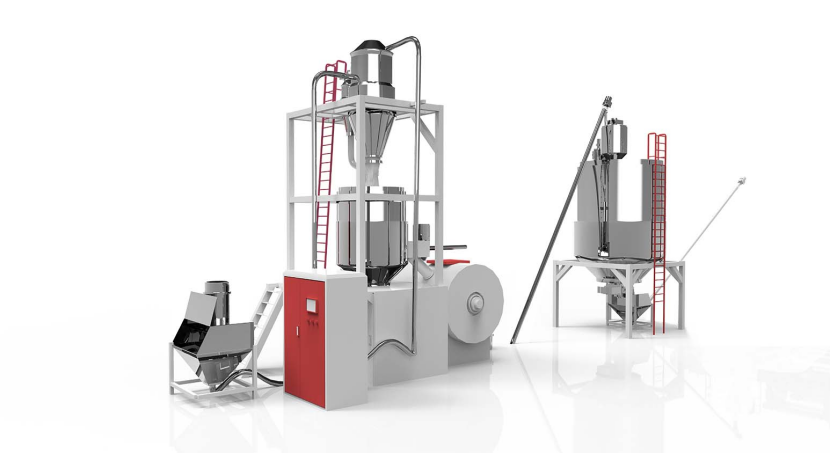How To Test For Diagnosing Heart Disease with IVD Reagents

Whether you are a physician, pharmacist, or lab technician, you are likely to have an interest in the use of IVD reagents to test for diagnosing heart disease. In this article, we will outline the steps involved in using these reagents and how you can get started on your own.
What is an IVD Reagent?
An IVD reagent is an acronym for “in vivo diagnostic device.” An IVD reagent is a type of laboratory test that is used to diagnose heart disease. IVD reagents are composed of special chemicals and antibodies that can be used to identify signs and symptoms of heart disease in a person’s blood.
IVD reagents are often used to screen for heart disease in people who are not yet symptomatic. They can also be used to diagnose heart disease in people who have already been diagnosed with the condition. IVD reagents are often used in conjunction with other tests, such as electrocardiograms (EKGs).
How to use the IVD Reagent
Cardiac markers are used to detect changes in the heart muscle or heart rhythm. These markers can be used to determine whether or not a patient has heart disease. Some common cardiac markers include troponin I and T, myoglobin, creatine kinase MB fraction, and beta-amyloid protein.
Electrolyte analytes are used to detect changes in blood sugar, blood pressure, potassium, chloride, and other electrolytes. These analyses can be used to determine whether or not a patient has diabetes, high blood pressure, or a potassium deficiency.
Enzyme inhibitors are used to detect changes in the enzymes that are responsible for breaking down proteins and other substances in the body.
Conclusion
By understanding how these tests work and which ones are most appropriate for different types of heart disease, you can improve your chances of detecting the condition early on and making the necessary treatment changes. So go ahead and get started — IVD Reagent could make all the difference in your health!





